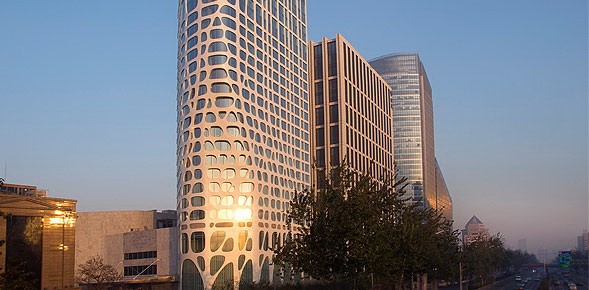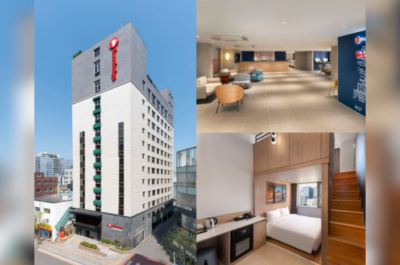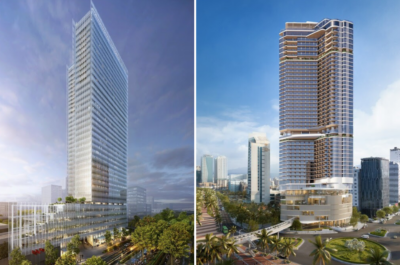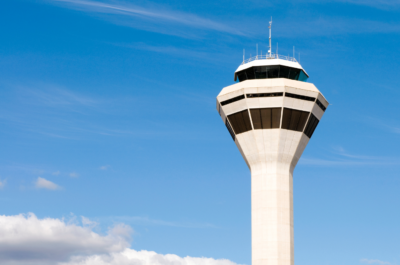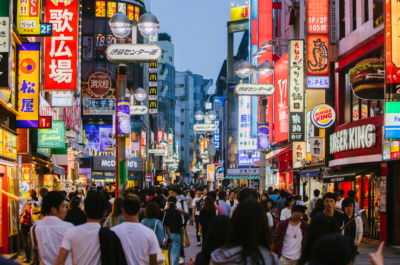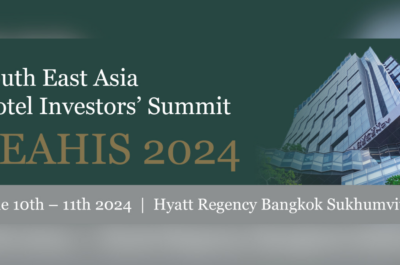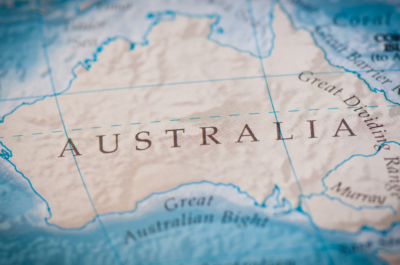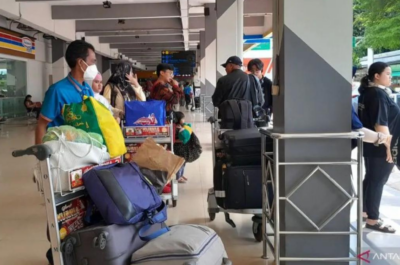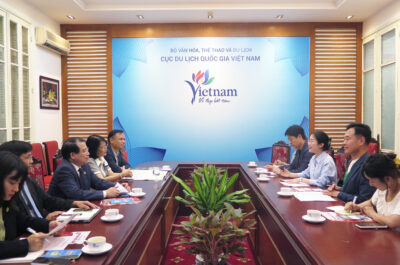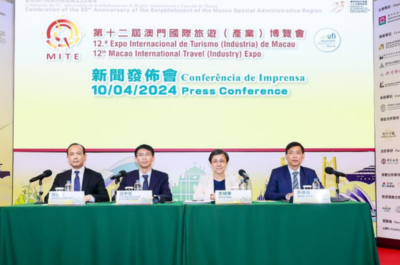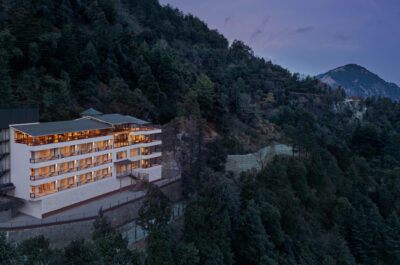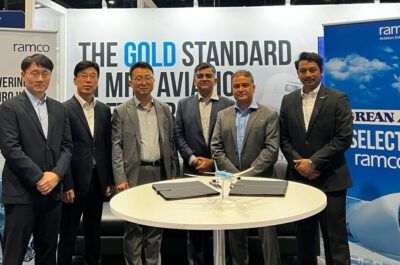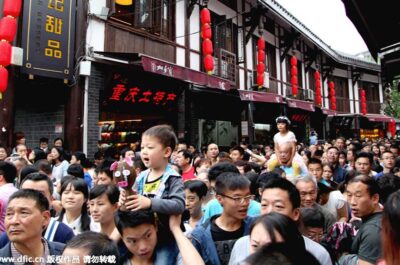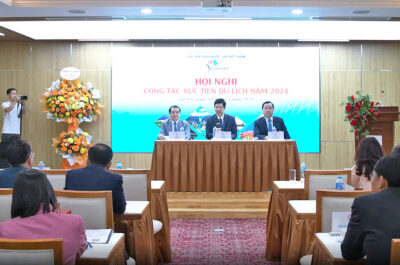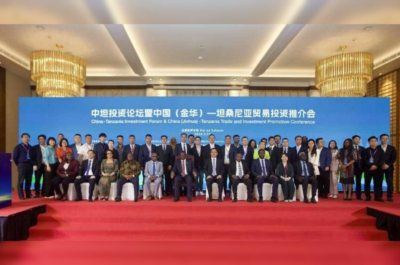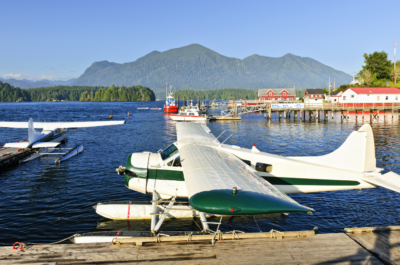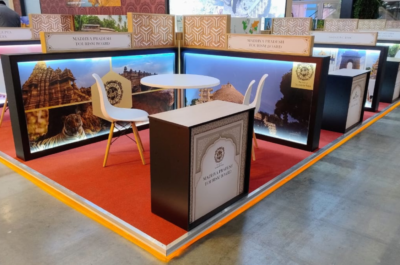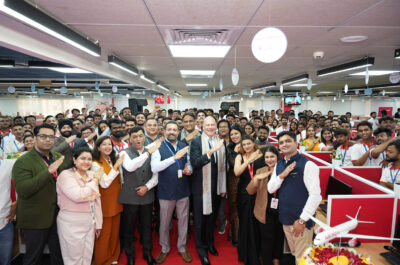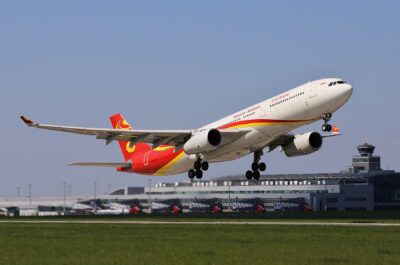Thailand saw the largest year-over-year increase in occupancy (+30.5% to 76.5%) of any country in the Asia Pacific region as well as significant growth in RevPAR (+34.5% to THB2,493.66). ADR in the country increased 3.1% to THB3,260.93.
LONDON – Hotels in the Asia Pacific region experienced positive results in the three key performance metrics when reported in U.S. dollar constant currency, according to July 2015 data compiled by STR Global.
Compared to July 2014, the Asia Pacific region reported a 2.1% increase in occupancy to 70.7%, a 1.1% rise in average daily rate to US$105.12 and a 3.2% increase in revenue per available room to US$74.34.
Performance of featured countries for July 2015 (local currency, year-over-year comparisons):
China reported nearly flat performance. Occupancy in the country increased 0.1% to 69.9%; ADR was down 1.7% to CNY522.27; and RevPAR decreased 1.7% to CNY364.93. Year-to-date supply growth (+4.6%) is slightly outpacing demand (+4.3%) in the country. Preliminary accounting results from the National Bureau of Statistics of China showed GDP growth of 7.0% for the second quarter of 2015.
Maldives experienced increases in each of the three key performance metrics. Occupancy increased 0.3% to 63.1%; ADR was up 2.3% to MVR8,221.88; and RevPAR rose 2.6% to MVR5,186.50. July was the country’s first month of positive occupancy performance since January 2014. Year-to-date supply growth (+1.2%) has significantly outpaced demand performance (-8.5%). As a result, year-to-date occupancy has decreased 9.6%, and RevPAR is down 9.5% during that same time.
Singapore experienced a 1.9% increase in occupancy to 87.4% but decreases in both ADR (-3.1% to SGD279.59) and RevPAR (-1.3% to SGD244.34). According to STR Global analysts, Singapore has seen a reduction in overseas travellers and low demand from business travel. Externally, increased demand for conferences in Bangkok, Thailand, along with more Chinese travellers choosing Europe over Asian destinations, has contributed to year-to-date performance decreases in Singapore.
Thailand saw the largest year-over-year increase in occupancy (+30.5% to 76.5%) of any country in the Asia Pacific region as well as significant growth in RevPAR (+34.5% to THB2,493.66). ADR in the country increased 3.1% to THB3,260.93. Demand growth (+31.9%) outpaced supply (+1.1%) in July, and year-to-date, demand growth is +25.2% compared to supply growth of +1.7%. Comparable months from 2014 saw strong demand challenges due to political turmoil.
Performance of featured markets for July 2015 (local currency, year-over-year comparisons):
Hong Kong, China, saw decreases in the three performance measurements: occupancy (-8.8% to 79.8%), ADR (-12.7% to HKD1,416.12) and RevPAR (-20.4% to HKD1,129.47). STR Global analysts note a significant decline in international arrivals as reason for a 4.9% year-to-date demand decrease in the market. Japan and Australia have also become cheaper destinations as the Hong Kong Dollar has a fixed exchange rate with the U.S. Dollar.
Sanya, China, reported increases in occupancy (+9.2% to 56.1%) and RevPAR (+6.2% to CNY407.52) but a drop in ADR (-2.7% to CNY725.87). The increase in occupancy is due to increased inbound tourism, say STR Global analysts. However, the decline in ADR is due to intensive competition caused by July supply increases.
Sydney, Australia, experienced increases in the three performance metrics: occupancy (+3.7% to 84.2%), ADR (+6.9% to AUD190.62) and RevPAR (+10.9% to AUD160.42). According to STR Global analysts, Sydney properties have focused on rate in order to maximize revenue. Supply in the market has remained relatively flat since January, whilst demand has increased 2.0% during the same time period.
Tokyo, Japan, saw a 1.0% increase in occupancy to 87.5% as well as double-digit growth in ADR (+14.5% to JPY17,807.44) and RevPAR (+15.6% to JPY15,585.04). Year-to-date demand in Tokyo has increased 4.2%, while supply has grown 2.8%. STR Global analysts point to high market compression with limited new supply and a weak Japanese Yen leading to a surge in international leisure arrivals as main reasons behind the strong performance in Tokyo.
Photo caption: Conrad Beijing.
Theodore is the Co-Founder and Managing Editor of TravelDailyNews Media Network; his responsibilities include business development and planning for TravelDailyNews long-term opportunities.












